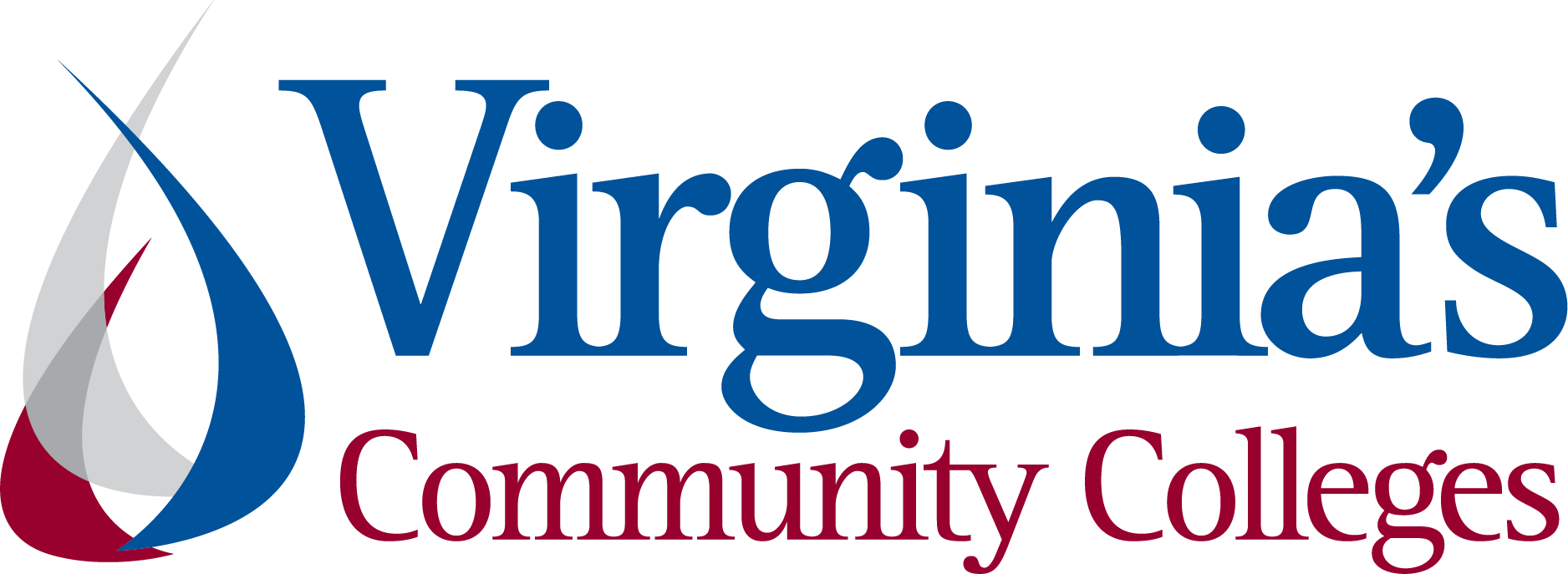Transformative Change: Virginia’s Community Colleges educating more people and expanding workforce programs
The Speaker:
Dr. David Doré is the 10th chancellor to lead the Virginia Community College System, which was founded in 1966.
As chancellor, Doré provides day-to-day leadership for a system comprised of 23 colleges that serves more than 200,000 degree-seeking and workforce-career training students annually.
Like so many community college students, Doré is a first-generation college graduate. His decades-long career has been guided by a fundamental belief that every learner can be successful.
A self-described student advocate, Doré is laser-focused on recruiting the “New Majority of learners” — those 25 and older who face limited job prospects because they lack post-high school credentials.
Before taking the reins at the Virginia Community College System in April 2023, Doré served as president of campuses and executive vice chancellor at Pima Community College in Arizona. There, he led the college’s five campuses and workforce development initiatives.
He has also served in higher education leadership positions in Tempe, Ariz., and San Francisco, Calif.
Doré earned his Doctor of Education degree at Pepperdine University; master’s degrees at Georgetown University, Boston College, and Santa Clara University; an advanced degree in Philosophy from Gonzaga University; and his bachelor’s degree from Gannon University.
Tune in on Wednesday February 7 at noon to learn about the plans that Virginia’s Community Colleges have to educate more students from high school through adulthood to meet the needs of the state’s residents and employers. Dr. David Doré, the new Chancellor of Virginia’s Community College System, will discuss these ambitious plans and what it means for Virginia.
Virginia’s Community College System is creating a model for advancing education and driving economic prosperity for Virginia.
Doré, who came on board as the system’s new leader in April 2023, called for “a transformation” to strengthen programs, increase collaboration with businesses and institutions across the education sector, and improve service delivery through better alignment with regional economic needs.
Doré said institutions are in danger if they fail to keep up with the technological and demographic forces sweeping the globe.
Virginia’s Community College System still has a commitment to transfer-bound students but is refocusing the system’s efforts toward recruiting from and serving the needs of the 3.2 million Virginia adults who face limited job prospects because they lack post-high school credentials.
The community colleges need to focus on the “new majority of learners” that includes adult learners, veterans or military-affiliated, working Virginians who may have some college experience but no higher education credential or degree, and working parents.
In addition to increasing opportunities for on-demand, anytime learning, the Chancellor has embraced greater use of pay-for-performance programs and called for expansion of successful VCCS programs like FastForward and G3, and for scaling-up online learning enrollments.
The community college system also is aligning with the nine GO Virginia regions to generate the traction needed to scale its programs to meet the needs of businesses in high demand sectors including healthcare, IT and cybersecurity, and manufacturing. It also will enable the system to better leverage each college’s assets for stronger collegiate and workforce partnerships.
The Virginia Community College System also will need to develop state-of-the-art career and technical programs and laboratories, including new investments in equipment, simulators, specialized spaces and building infrastructure.
All of these actions will uplift generations to come.
However, the ambitious goals and changes at Virginia’s community colleges cannot be achieved without substantial additional resources from the state.
The Virginia Community College System remains the least funded of all Virginia public institutions of higher education. The system receives less than 57 cents for every $1 that goes to support a full-time equivalent student at a public Virginia university.


